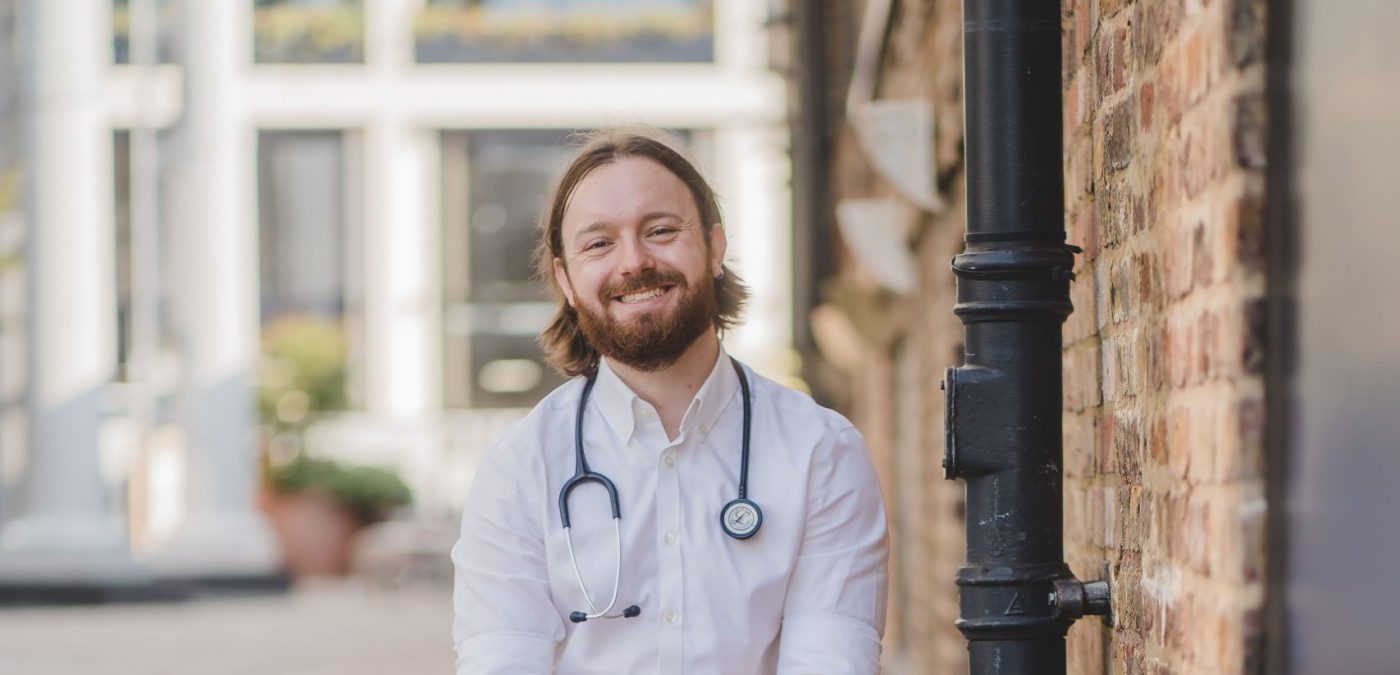Reflection: Why and How?
“Reflection is an essential activity that doctors use every day in their practice.”
The reflective practitioner – a guide for medical students – GMC
Reflection is a vital part of medical education, of being a doctor and even of applying to medical school. Reflection solidifies learning, identifies where mistakes were made and encourages an awareness of your own mental health.
- Applications: You’ll have to write reflectively in your personal statement about the various work experience and volunteering activities you undertook before applying.
- Medical School: You’ll have to write about your experiences on wards and with patients during your clinical years as a medical student.
- Practicing Medicine: You’ll have to write about your challenges and learning opportunities as you progress thought your career as a doctor.
There are no set rules for reflecting, which is why many find it difficult at first, but it is certainly a skill that can be learnt and honed through time and practice. For some, reflection may take the form of a journal. Keeping a diary of sorts that records their thoughts, the lessons they may have learnt and mistakes they feel they made. For others, reflection may be a more formal process: following a strict structure or template in order to achieve the same result. There are other ways of reflecting: video diaries (VLOGS), online blogs (like this one) and poems.
How do you start practicing reflection?
There are set reflective requirements for students graduating from UK medical schools:
Explain and demonstrate the importance of engagement with revalidation, including maintaining a professional development portfolio which includes evidence of reflection
Outcomes for graduates – GMC
Develop a range of coping strategies, such as reflection’ to demonstrate awareness of the importance of their personal physical and mental wellbeing
Outcomes for graduates – GMC
You may need to try a few different ways of reflecting before you find the right medium for you. By considering the ways that you have learnt to learn, you may be able to figure out which form of reflection might work.
When you get the hang of it, reflection and reflective writing can be interesting and fun. Most professionals find that they enjoy the time they spend on these activities. Your medical school will guide you through the process of learning to reflect, often through assessed coursework or feedback.
I would recommend starting with a simple structured template such as:
- What is the experience I am reflecting on? What happened?
- Why have I chosen this experience to reflection?
- The key positives and negatives from this experience
- What would you differently if put in the same position in the future?
- What would you repeat from this experience?
- Are there any further actions you should take after reflecting?
Why start reflective practicing?
Firstly, you have to! Reflecting is a vital part of both studying medicine and practicing medicine.
Reflecting can be a great way to improve your learning in medical school, especially in your clinical years. By reflecting on your time with patients; what and how you’ve learnt; opportunities you took up or passed on; mistakes made by you, doctors or other healthcare professionals. By thinking about what happened, why that mattered to you/to the case and what needs to be changed.
Anonymising Reflections
Reflecting on clinical experiences can be an amazing way to improve your learning, recognise your mistakes and find ways to improve. However, there are also important factors to consider.
Most pressing is the need to anonymise patient information. You may find that there are times that you need to include information about your patients. Some information, such as age or gender, can be included in your reflection. This may be a key part of the lessons learnt. However, it is never appropriate to include a patients name, address, date of birth, hospital number or other identifying characteristics in your notes. This identifying information would allow a patient, their family members or others to identify the individual in your reflection.
For inspiration on how to get started on your reflective writing you can check out the GMC or MDU websites.
Reflecting in your personal statement
If you are thinking about how best to reflect on your work experience in your personal statement, have a read of my guide to writing a personal statement and example personal statement.
Make sure to subscribe to the mailing list to be notified of new posts and to receive any newsletters!
If you wish to contact me with questions, comments or anything medschool related, please use the contact page, Twitter, LinkedIn or Instagram

-
-
3 years
-
Tagged Medical School, Medical student